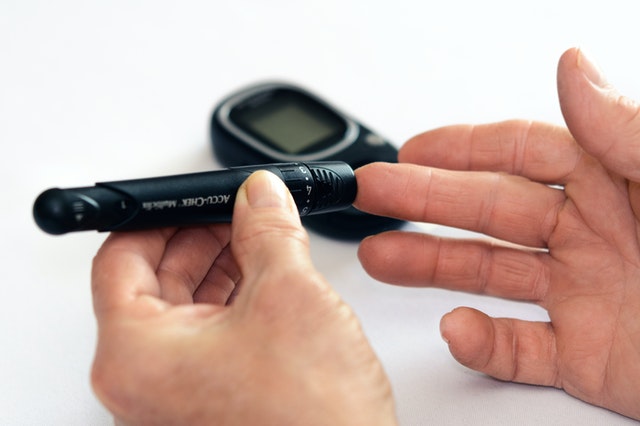Typically, type 2 diabetes is a progressive disease, but there are many things we can do to slow the progression or even reverse it. To be clear, reversing type 2 diabetes is not the same thing as a cure. To date, there is no known cure for type 2 diabetes. When lifestyle improvements bring blood sugar numbers into control, we say that diabetes is controlled or in remission, but not that diabetes is cured.
Type 2 diabetes is characterized by a combination of insulin resistance and loss of insulin-producing ability. It’s a double whammy with muscle, liver, and fat cells failing to use insulin properly and the beta-cells of the pancreas being incapable of producing enough insulin to compensate. The longer you’ve had type 2 diabetes, the more likely you’ll need medications because of loss of insulin-producing capacity. This is the progressive nature of the disease.
Who is Likely to Experience a Reversal?
Weight management, healthy eating, physical activity and quality sleep can all improve blood sugar levels. But not everyone who loses weight and improves their lifestyle habits will be able to avoid type 2 diabetes medications. If you’re able to control your blood sugar with less medication or without adding medications over time, you certainly have something to celebrate.
By definition, a diabetes remission occurs when blood sugar levels return to normal without using medications for at least 1 year. A prolonged diabetes remission is to experience the same normal blood sugar levels for 5 years. A remission or a reversal of any type usually requires some weight loss in people who have overweight or obesity. Some people will experience a diabetes remission through intensive lifestyle therapy. More often, we see remissions following bariatric surgery. But even after dropping lots of weight, it’s not uncommon to see the loss of diabetes remission over time. Many people will stay in remission for a year or two, but not longer. Even those who stay in remission for 5 years are at risk of losing it.
Predictors of Remission
In general, losing more weight, having had diabetes for a shorter time, and being in better blood sugar control are predictors of who is likely to have a diabetes remission. The longer you’ve had diabetes, the harder it is to see a long-lasting, meaningful reversal because of the progressive loss insulin-producing capacity. Your best opportunity for stopping or slowing the disease process is today. Take action early on when you still have ample beta-cell function for making insulin. Lose as much weight as reasonable, and do it in healthy way.
By Jill Weisenberger, MS, RDN, CDE, CHWC, FAND
Copyright foodandhealth.com, reprinted with permission.

